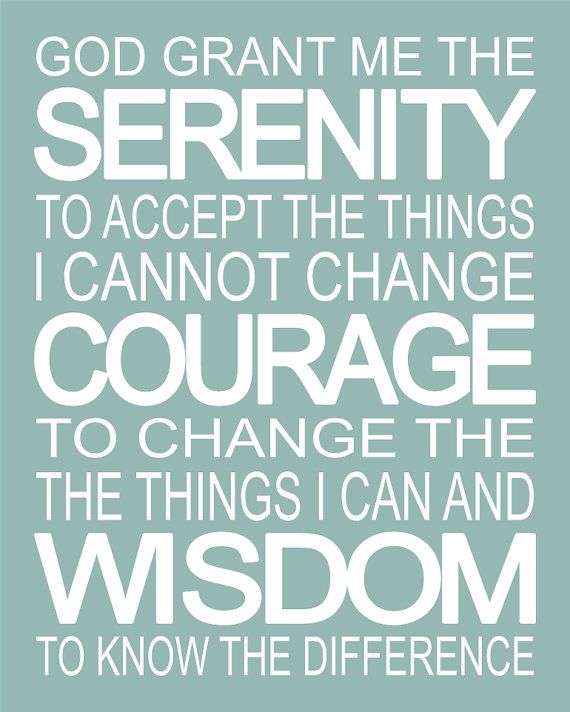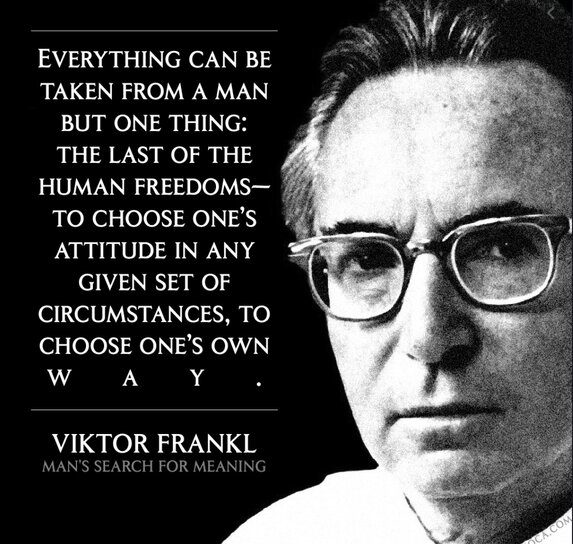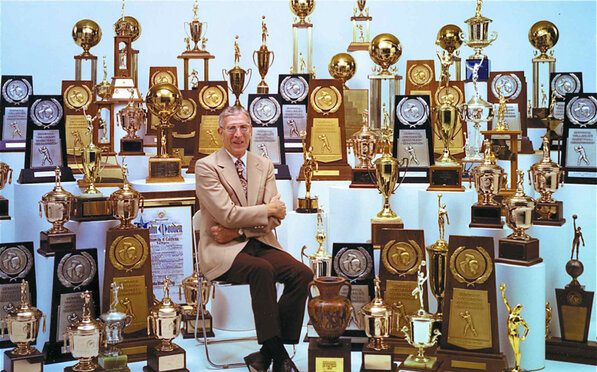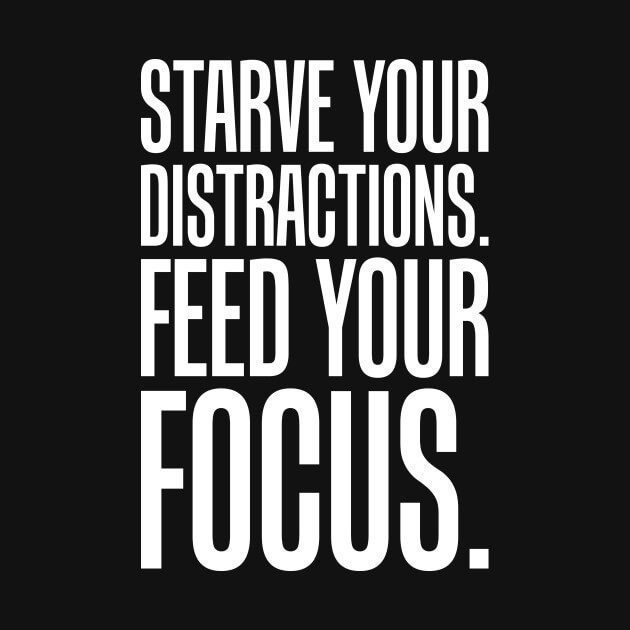The greatest discovery of my generation is that a human being can alter his life by altering his attitudes. – William James
Locus of Control 1 is a concept develoved by American psychologist Julian Rotter in 1954. It refers to an individual’s perception about the underlying main causes of events in his/her life. Rotter observed that behaviour was largely guided by “reinforcements” (rewards and punishments) and that through contingencies such as rewards and punishments, individuals come to hold beliefs about what causes their actions. These beliefs, in turn, guide what kinds of attitudes and behaviours people adopt. 1 There are two types of Locus of Control:
- External Locus of Control : Individual believes that his/her behaviour is guided by fate, luck, or other external circumstances.
- Internal Locus of Control: Individual believes that his/her behaviour is guided by his/her personal decisions and efforts.
You cannot control the weather, but you can control the clothing you wear. As the Scandinavian proverb says, “There is no bad weather; we only have bad clothing.” You cannot control what people say about you, but you can control how you react to what they say about you. It is not about what is said about you; it is about what you listen to. It is not about what you look at; it is about what you see. As author Wayne Dyer often said, “If you change how you look at things, the things you look at change.” Author John C. Maxwell observed:
We cannot choose how many years we will live, but we can choose how much life those years will have. We cannot control the beauty of our face, but we can control the expression on it. We cannot control life’s difficult moments but we can choose to make life less difficult. We cannot control the negative atmosphere of the world, but we can control the atmosphere of our minds. Too often we try to choose and control things we cannot. Too seldom we choose to control what we can … our attitude.

Austrian neurologist, psychiatrist, author, and Holocaust survivor Viktor Frankl spent three years in four camps, he lost his father, mother, brother and wife in these camps. His illuminating book, Man’s Search for Meaning 2, chronicles his experience as a prisoner and survivor of four Nazi concentration camps during World War II. It is not what happens to us, it is more about the story we tell ourselves and what we focus on. Frankl quipped: “Between stimulus and response, there is a space. In that space is our power to choose our response. In our response lies our growth and our freedom.”

“The last of the human freedoms: to choose one’s attitude in any given set of circumstances, to choose one’s own way. And there were always choices to make. Every day, every hour, offered the opportunity to make a decision, a decision which determined whether you would or would not submit to those powers which threatened to rob you of your very self, your inner freedom; which determined whether or not you become the plaything to circumstance, renouncing freedom and dignity…”
Coach John Wooden is considered one of the greatest college basketball coaches ever. He won ten NCAA national championships, seven of them in consecutive years, and had four undefeated seasons, including an 88-game winning streak. John Wooden had a 620-147 record during his 27-year tenure as the head coach of the UCLA Bruins.

Coach Wooden is a winner and understands the principles of success. In his book, Wooden: A Lifetime of Observations and Reflections on and Off the Court 3, he shared great advice on focusing on what you can control.
Coaches are paid millions of dollars today and players make tens of millions of dollars. It started happening soon after I left UCLA, so I’m often asked if I’m envious. Folks say, “Coach Wooden, imagine what you could make today!”
It doesn’t concern me in the least. What concerns me is that over which I have some measure of control, and I can’t control what others make or what employers pay them. However, I can control whether or not I worry about it. And I don’t.”
“It’s simple. Don’t compare yourself to somebody else, especially materially. If I’m worrying about the other guy and what he’s doing, about what he’s making, about all the attention he’s getting, I’m not going to be able to do what I’m capable of doing. It’s a guaranteed way to make yourself miserable. Envy, jealousy, and criticism can become cancerous. They hurt the person who feels them rather than the person they’re directed toward.”
When you get too engrossed in those things over which you have no control, it will adversely affect those things over which you do have control namely, your preparation. You respect everyone. Then you simply make the strongest effort to prepare to the fullest extent of your abilities. The result will take care of itself, and you should be willing to accept it.
You respect everyone. Then you simply make the strongest effort to prepare to the fullest extent of your abilities. The result will take care of itself, and you should be willing to accept it.

One of the greatest source of our unhappiness in life is dealing with people expectations and the expectations we have on people. Life becomes more people when you come to the realization that you really cannot change people because they change when they are ready; hence you focus on what you can control. Author John C. Maxwell quipped “People change when they … Hurt enough that they have to, Learn enough that they want to, and Receive enough that they are able to.” In Set Boundaries, Find Peace: A guide to reclaiming yourself 4, Licensed counselor Therapist and New York Times Bestselling Author Nedra Tawwab noted:
You can’t change people, but you can change
- How you deal with them
- What you accept
- How you react to them
- How often you interact with them
- How much space you allow them to take up
- What you participate in
- What role they play in your life
- What people you have contact with
- Who you allow in your life
- Your perspective
“People change when they … Hurt enough that they have to, Learn enough that they want to, and Receive enough that they are able to.” – John C. Maxwell
Meditation
- Daily Calm with Tamara Levitt – Drifting
- Sometimes life can feel directionless, we want to chart another course, but we feel lost and aimless. Beginners Mind teaches us that every moment lies an opportunity to see the world anew. When we are stuck, it helps us see things with a newfound openness and childlike curiosity.
For things to reveal themselves to us, we need to be ready to abandon our views about them. – Thich Nhat Hanh
- Daily Jay with Jay Shetty – Mind Reading
- When we’ve known people for a long time, we imagine we can predict their actions, behaviours, and even thoughts; sometimes, we can, but not as often as we’d like to believe. We tend to view people as puzzles to solve; initially, we spend much effort sorting the pieces to see how they fit together. We learn about someone’s motivations and what drives them, what inspires them and keeps them up at night.
- With an actual puzzle, once we’ve put them together, subsequent attempts become easier and faster eventually we’ve mastered it. But people are not puzzles; our pieces are constantly changing shape. Of course, certain things may stay the same; people have patterns and habits that make some of their behaviour predictable but we should never merely assume that our hunch is right.
- Ask clarifying questions like “Is this what you are saying?” we can also observe silent cues that can add a dimension of understanding, like facial expression or tone of voice. It may seem paradoxical but if you want to nurture relationships in the long term, you need to recognize that you don’t always know what is going on inside someone’s head,
Podcast
- 102 Year-Old Doctor Reveals Secrets To A Successful Life w/ Dr. Gladys McGarey | THE ED MYLETT SHOW
All the best in your quest to get better. Don’t Settle: Live with Passion.



Comments are closed.